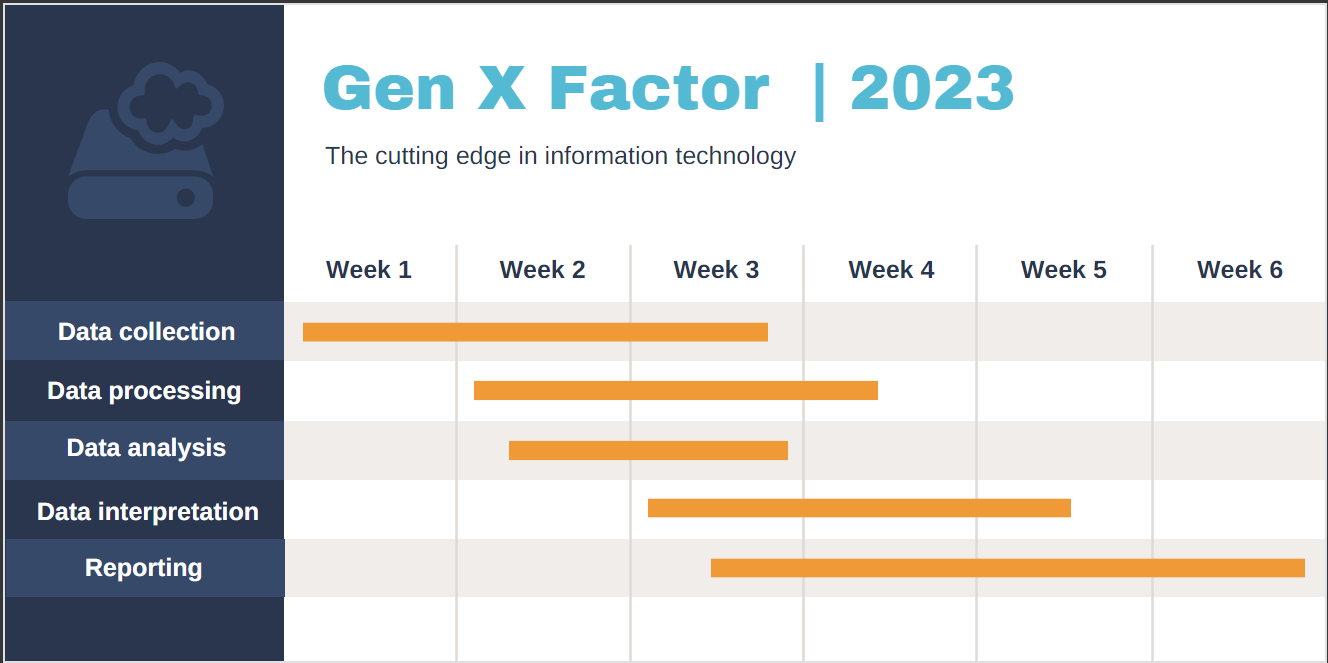
Efficient Data Governance in Spreadsheets

The body content of your post goes here. To edit this text, click on it and delete this default text and start typing your own or paste your own from a different source.The Relationship Between the Data Catalog and Spreadsheets
A data catalog (or data intelligence platform) is a collection of metadata, combined with data management and search tools, which helps analysts and other data users find the data that they need, alongside context that helps them understand and use that data. It serves as an inventory of available data and provides information to evaluate fitness of data for intended uses. The data catalog contains a wealth of knowledge about the data, which ultimately reaches spreadsheets and becomes foundational to business operations. Data catalogs and spreadsheets are related in many ways.
I define metadata as “data housed in an IT tool, that provides business and technical understanding of other data and data-related assets.” Simply put, metadata adds context. Business communities require metadata to empower people to locate the data they need, comprehend the data and where it came from, and collaborate with the appropriate business owners and stewards. This metadata is an organizational asset that is housed, connected to the data, and made available through the data catalog.
As a spreadsheet retrieves external data, valuable context is often lost in the process. The data in the spreadsheet often becomes orphaned from the data’s meaning, which introduces risk, making it harder for both business and technical users to understand and use that data.
Spreadsheets have become a staple in the organization’s data landscape as data resources that are instrumental to operational success. Yet metadata about the data contained in spreadsheets, including (but not limited to) the name, location, purpose, data source, and ownership does not often exist. Organizations struggle to inventory their structured data resources like databases and information systems and seldom recognize spreadsheets as enterprise data resources because of how they are governed. Providing metadata through the data catalog about both the spreadsheets and the data within provides organizations with better insights into the spreadsheets that are most valuable and widely used in the organization.
Data catalogs provide access to data that is organized, defined and governed. Yet valuable context is lost when that data is moved to a spreadsheet. By providing access to catalog metadata within spreadsheets, spreadsheet users can understand and use that data more powerfully. Leaders can also enjoy a holistic view of all spreadsheets being utilized by the business.